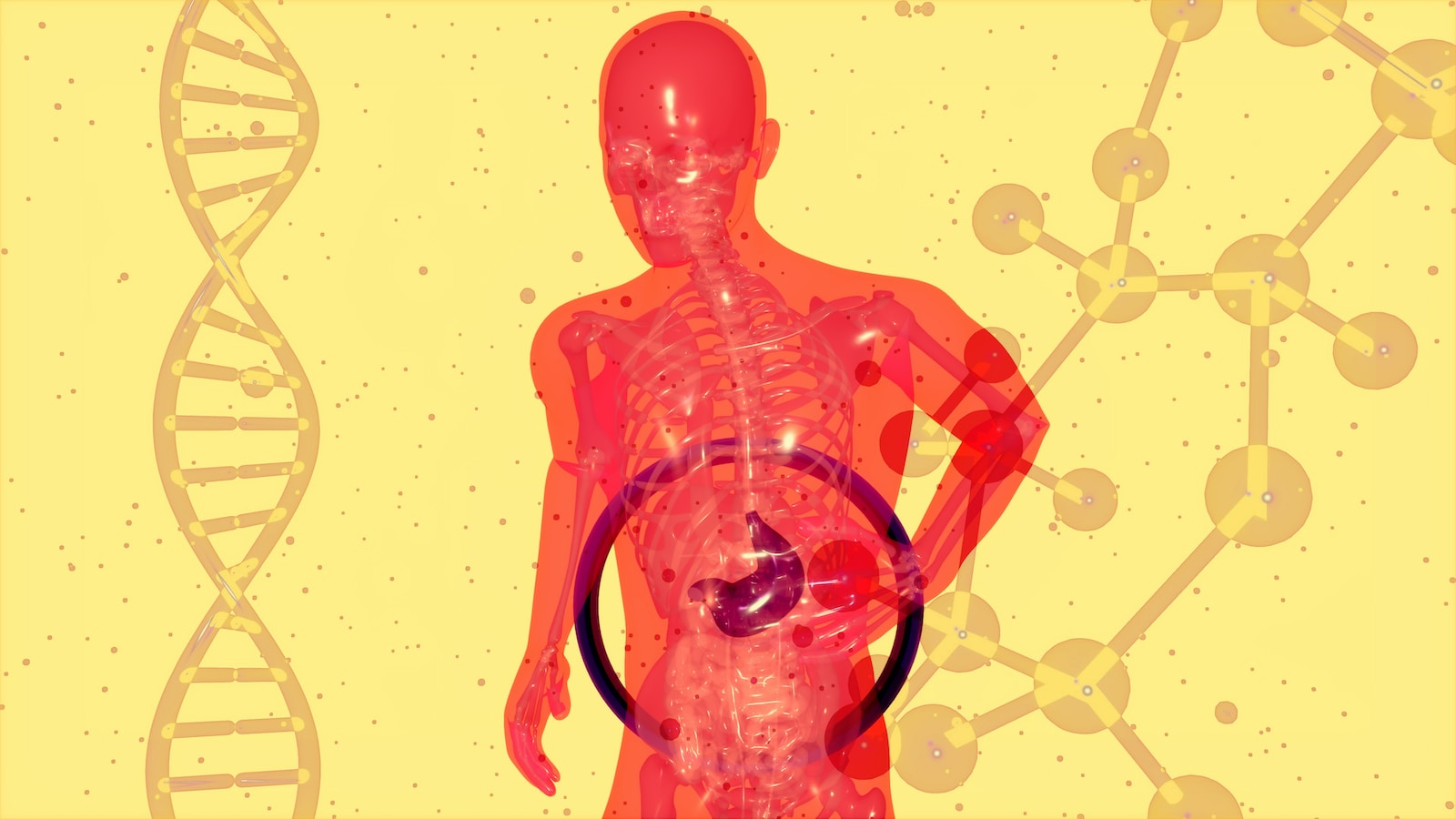![]()
Can Cirrhosis Be Reversed: Cirrhosis is a severe and often progressive liver condition that affects millions of people worldwide. It’s essential to understand whether cirrhosis can be reversed and what measures can be taken to manage this condition. In this article, we’ll delve into the world of cirrhosis, exploring its causes, symptoms, and, most importantly, whether it can be reversed.
Understanding Cirrhosis
Cirrhosis is a late stage of scarring (fibrosis) of the liver caused by many forms of liver diseases and conditions, such as hepatitis and chronic alcoholism. It’s a condition where healthy liver tissue is replaced by scar tissue, hindering the liver’s ability to function properly.
The Causes of Cirrhosis
- Chronic Alcohol Abuse: Excessive and prolonged alcohol consumption is one of the leading causes of cirrhosis.
- Viral Hepatitis: Chronic hepatitis B, C, and D infections can result in cirrhosis if left untreated.
- Non-Alcoholic Fatty Liver Disease: This condition is closely associated with obesity and can lead to cirrhosis.
- Genetic Disorders: Inherited conditions like cystic fibrosis, Wilson’s disease, and hemochromatosis can cause cirrhosis.
Symptoms of Cirrhosis
- Fatigue and Weakness : Patients often experience extreme tiredness.
- Jaundice : A yellowing of the skin and eyes due to the liver’s inability to process bilirubin.
- Abdominal Swelling: Accumulation of fluid in the abdomen, known as ascites, is a common symptom.
- Easy Bruising and Bleeding : The liver’s diminished ability to produce blood-clotting proteins can lead to this symptom.
Diagnosis and Staging
Cirrhosis can be diagnosed through blood tests, imaging, and sometimes a liver biopsy. Staging helps determine the extent of liver damage, which is crucial for treatment decisions.
Can Cirrhosis Be Reversed?
Now, the pivotal question: can cirrhosis be reversed? The answer isn’t straightforward and largely depends on the stage and underlying cause of cirrhosis.
Early-Stage Cirrhosis
In the initial stages of cirrhosis, when there is minimal scarring, it’s possible to slow or even reverse the progression.
Advanced Cirrhosis
Once cirrhosis reaches an advanced stage with severe scarring, it becomes difficult to reverse. However, the right interventions can still manage the condition effectively.
Treatment Options
- Lifestyle Changes : For those with alcohol-related cirrhosis, stopping alcohol consumption is vital. Weight management and a healthy diet are essential for non-alcoholic fatty liver disease.
- Medications : Certain medications can help manage the symptoms and complications of cirrhosis.
- Liver Transplant : In severe cases, a liver transplant may be the only option for survival.
Conclusion
In conclusion, whether cirrhosis can be reversed depends on the stage and the underlying cause. Early intervention, lifestyle changes, and proper medical care can significantly improve a patient’s condition. It’s crucial to consult with a healthcare professional for individualized guidance on managing cirrhosis.
FAQs
- Is cirrhosis reversible if caused by alcohol abuse?Cirrhosis can be reversed in the early stages if the patient stops alcohol consumption and adopts a healthy lifestyle. However, it becomes challenging in advanced cases.
- Can cirrhosis be cured completely?Cirrhosis can be managed, and its progression can be slowed or halted, but complete cure is rare.
- What is the life expectancy of someone with cirrhosis?Life expectancy varies depending on the stage and individual factors. With proper care, some individuals live a relatively long life with cirrhosis.
- Can cirrhosis be reversed with a liver transplant?A liver transplant is the most effective way to address advanced cirrhosis, providing a new, healthy liver to the patient.
- Is cirrhosis always symptomatic?No, cirrhosis can be asymptomatic in the early stages. Symptoms typically become more apparent as the condition progresses.
